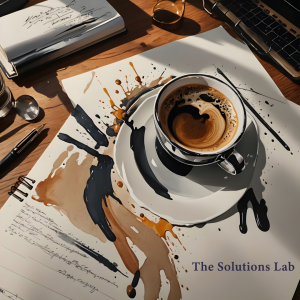
Saturday Mar 22, 2025
Deep Dive AI Audio - Final Destination
"The greatest mistake in our approach to crime is believing that criminality exists in isolation from the social ecosystem that produces it. We cannot meaningfully separate the offender from the conditions of deprivation, exclusion and trauma that shaped their journey through our systems." - Professor Stan Gilmour
The question of free will has long troubled philosophers, but recent advances in neuroscience, as articulated by Stanford neurobiologist Robert Sapolsky, carry profound implications for our understanding of crime and justice. Sapolsky's work suggests that our actions, criminal or otherwise, are determined by a complex web of biological, developmental and environmental factors spanning "one second before to a million years before."
In the UK, where prison populations have reached record highs and reoffending rates remain stubbornly elevated, these scientific insights should prompt a fundamental reconsideration of our approach to crime. The prevailing narrative of personal responsibility continues to dominate our criminal justice system, despite mounting evidence that socioeconomic and neurobiological factors play decisive roles in criminal behaviour.
No comments yet. Be the first to say something!